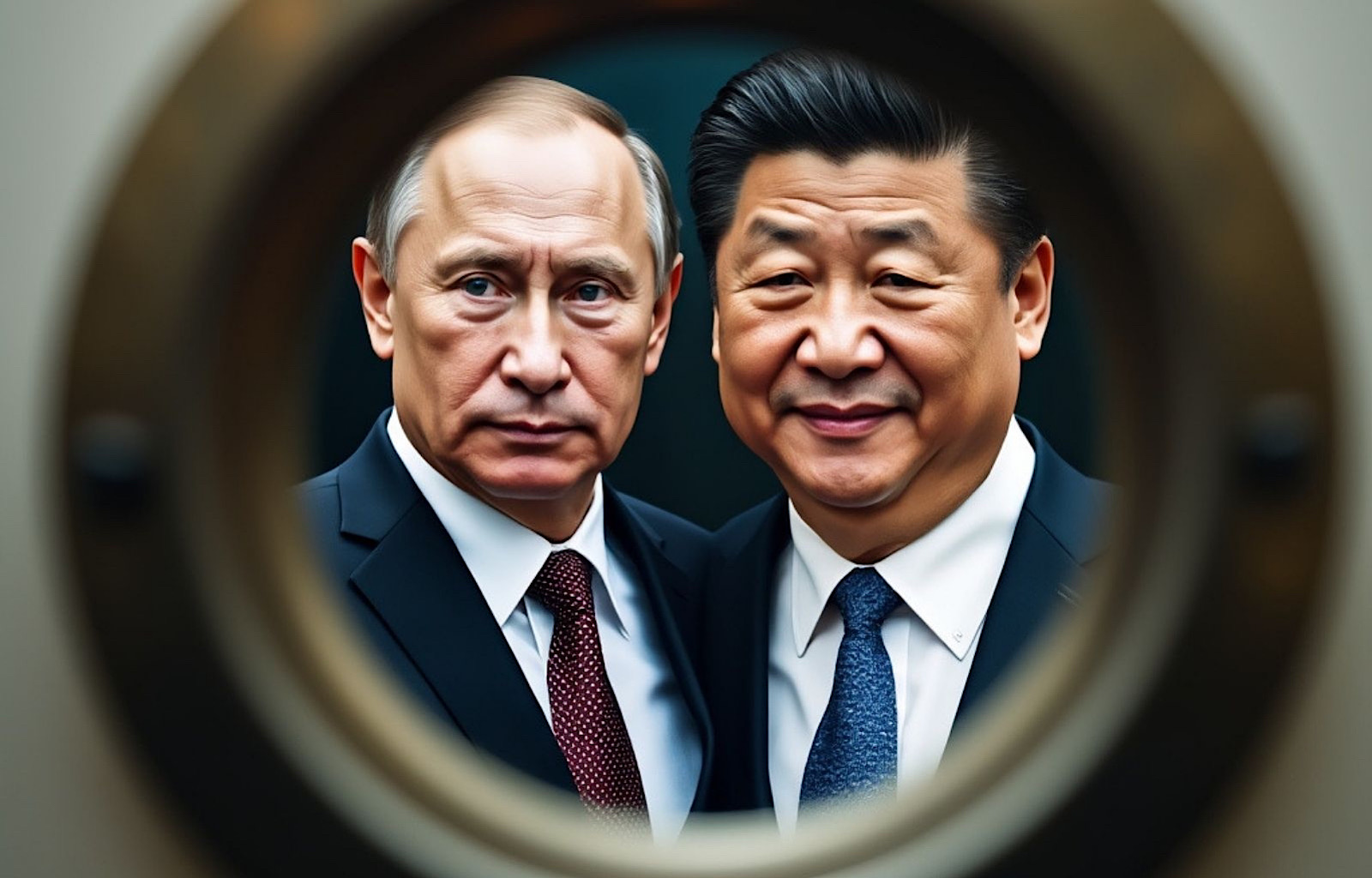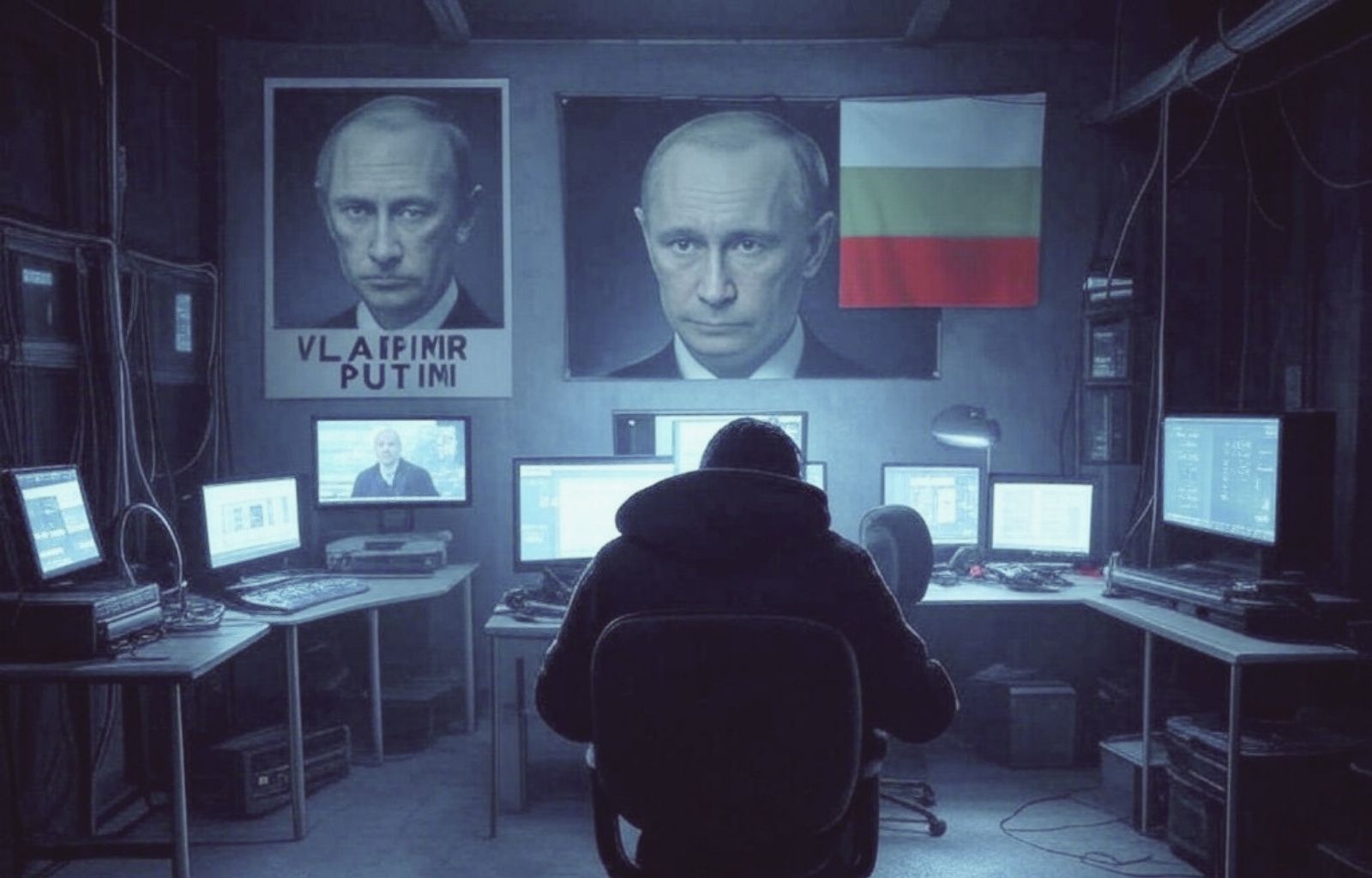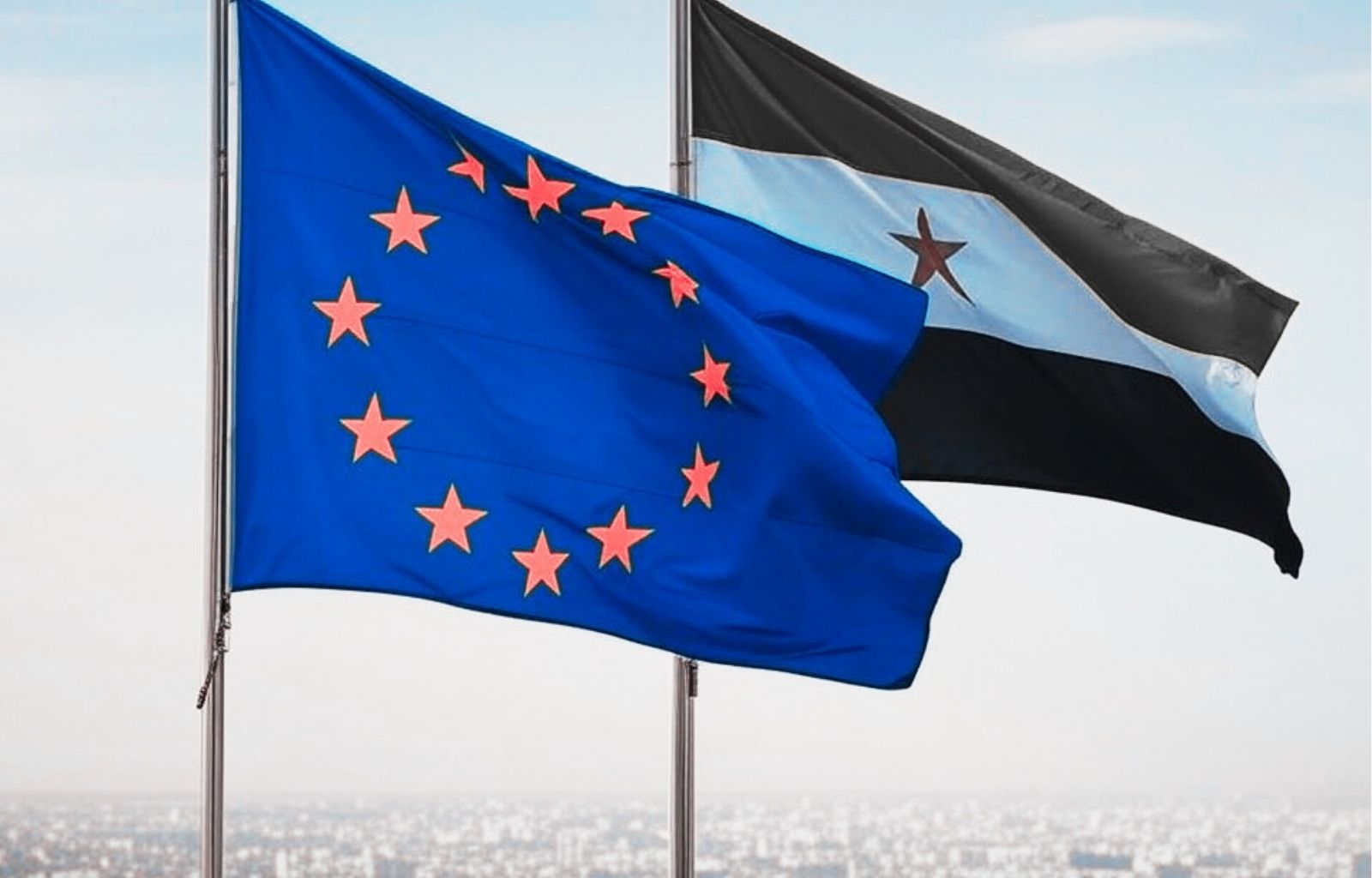NATO alert: cyber attacks and sabotage on the rise, Russia and China number one suspects

An alert is shaking the West. Sources within the Atlantic Alliance confirm that NATO countries are under constant attack: a campaign of cyber attacks, hybrid operations and targeted sabotage is hitting critical infrastructures, with Russia and China in the forefront. The situation is so serious that the Alliance is preparing to immediately update its defence strategy, which is stuck in 2015 and is now inadequate.
The new global threats
China has planted malware in the critical infrastructures of NATO countries, ready to be activated for espionage or to destabilise entire systems. Russia, for its part, is intensifying its sabotage operations, mainly targeting industrial control systems. But that’s not all: Moscow is allegedly developing a secret programme to sabotage global submarine cables that are crucial for the international communications network. ‘They have been mapping these networks for years, even during periods of economic crisis in the 1990s,’ the senior NATO official reveals.
The dangerous partnership of Moscow and Beijing
A disturbing scenario is looming: possible collaboration between Moscow and Beijing in a coordinated campaign against the West. “We have observed Chinese ships damaging critical infrastructure, some with Russian captains or coming from Russian ports,” the source explains. Although there is no definitive proof, the ‘no-holds-barred’ partnership signed by Xi Jinping and Vladimir Putin turns the spotlight on an increasingly concrete threat.
The Western Achilles’ heel
NATO faces a key vulnerability: the one-million-kilometre network of submarine pipes and cables that connects the western world. This infrastructure is indispensable but vulnerable to sabotage, a threat that does not concern Moscow due to its limited dependence on these networks. Russia’s ability to plant explosives at critical junctions increases the risk of devastating disruptions.
NATO is intensifying its surveillance to identify patterns behind the recent attacks. “An incident in a single country may be random, but when it hits seven countries at once it becomes a pattern,” the source warns. The allies are accelerating the definition of a new strategy for hybrid threats, including more precise response options, many of which are already operational.
A call for urgency
The public must understand the seriousness of the situation. “Every day we suffer millions of cyber attacks against banks, companies and governments,” says the expert. The threat is no longer theoretical: it is a reality that requires immediate action. NATO cannot afford to hesitate in the face of an unprecedented campaign that aims to destabilise the entire international order.
With Russia and China increasingly aggressive and a possible alliance between the two giants, NATO is at a crossroads. The response will have to be swift, decisive and coordinated, to defend not only infrastructure, but also global security and stability. The threat is ongoing, and the Alliance must act now.








